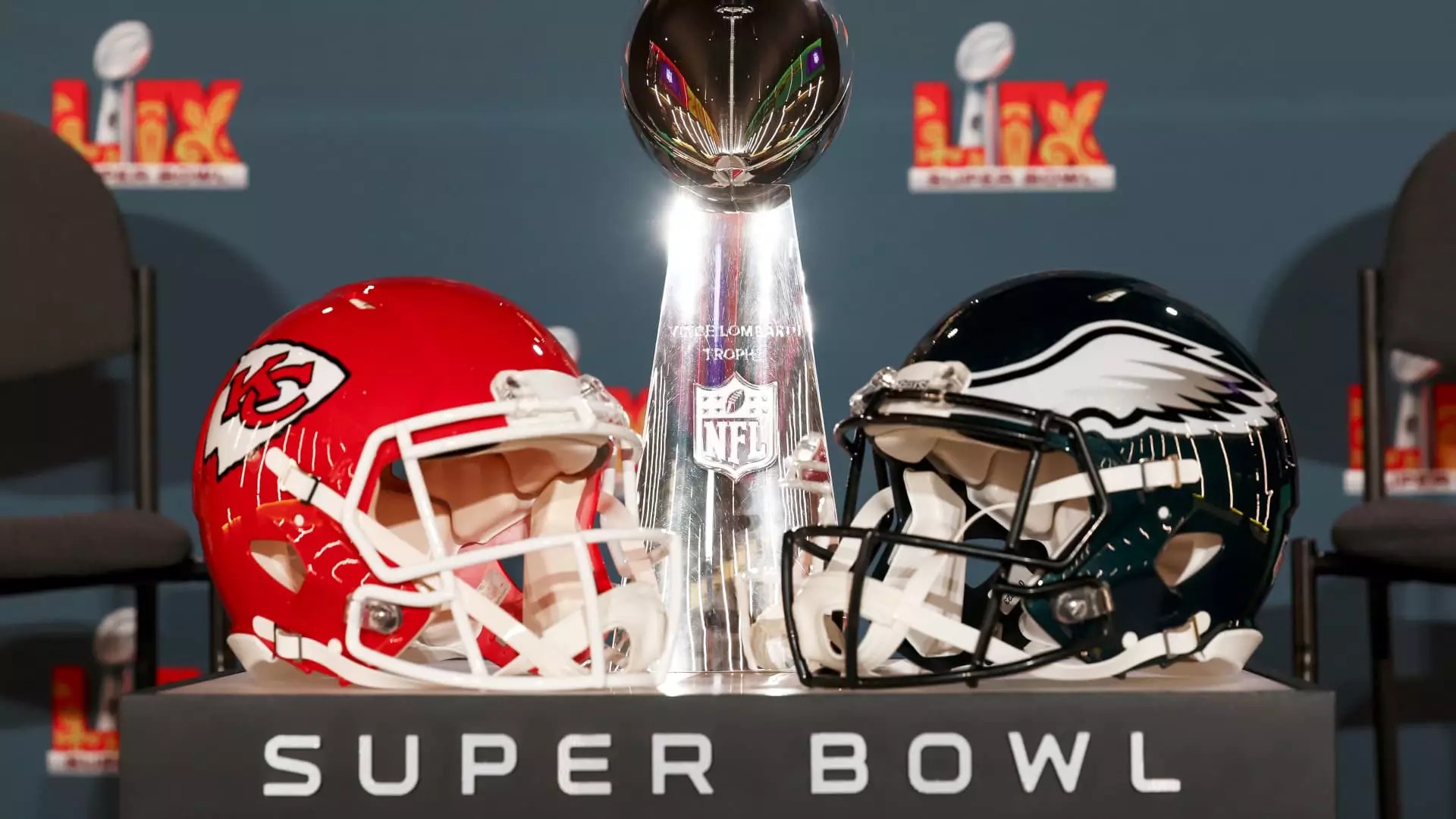The recent crackdown on NFL insiders profiting from Super Bowl tickets unmasks a troubling reality: greed and entitlement have infiltrated an institution built on discipline and integrity. While the league publicly champions the spirit of sportsmanship, its failure to enforce its own policies among high-ranking personnel reveals an internal culture that prioritizes self-interest over fairness. Breaking this trust not only undermines the league’s credibility but also alienates countless fans who see these actions as personal betrayals. The NFL’s efforts to fine and restrict those involved, including players and staff, are a step in the right direction. Still, these measures expose systemic vulnerabilities—problems rooted in lax oversight and a permissive environment that inadvertently encourages corruption among the elite.
The Flawed System and Double Standards
Within the league’s complex hierarchy, the privileges granted to players and employees seem to promise exclusivity but often breed exploitation. The NFL’s prohibition on profiting from tickets is straightforward, yet its enforcement appears to be reactive rather than proactive. The fines—while significant—are merely superficial when compared to the enormous profits players and insiders can make by reselling tickets at inflated prices. The league’s approach to penalties, which include bans from future ticket purchases, seems insufficient to curb dishonest behaviors seriously. It also perpetuates a double standard: those with privileged access are more likely to subvert rules for personal gain. This inconsistency highlights a crucial flaw in NFL governance—its inability to foster a truly transparent and accountable environment.
The Crisis of Trust and the League’s Future
Such scandals cast a long shadow over the NFL’s reputation. When insiders are seen profiting from a product meant to be shared with dedicated fans, it tarnishes the league’s integrity and endangers its core relationship with supporters. As the NFL prepares for future Super Bowls, the league must confront a broader problem: restoring faith that the game is fair and that those within its community adhere strictly to ethical standards. Merely increasing penalties and strengthening compliance training may offer temporary remedies, but they do little to address the underlying culture that has allowed exploitation to flourish. The league must take decisive action to overhaul its oversight mechanisms, ensuring that trust isn’t compromised again.
A Call for Stronger Leadership and Ethical Standards
The NFL’s current response signals recognition of its shortcomings, yet true leadership requires more than reactive punishments. It demands cultivating a culture where integrity is embedded into every level of operation, from the locker room to the front office. This entails establishing clear and enforceable standards, fostering accountability, and curbing the allure of quick profits at the expense of fans’ loyalty. The league’s legitimacy hinges on its ability to uphold fairness—not just on game day but in the everyday dealings of its insiders. If it fails to set a firm example now, the NFL risks further erosion of public trust, which could threaten its long-term viability more than any on-field scandal ever could.


Leave a Reply